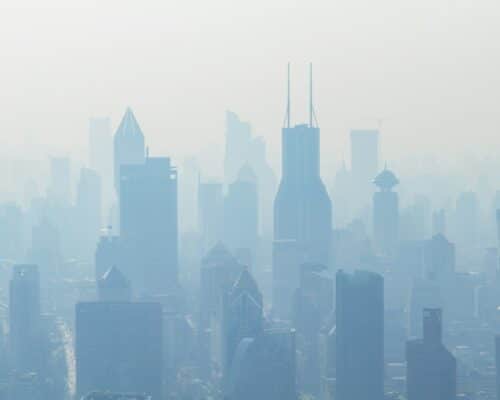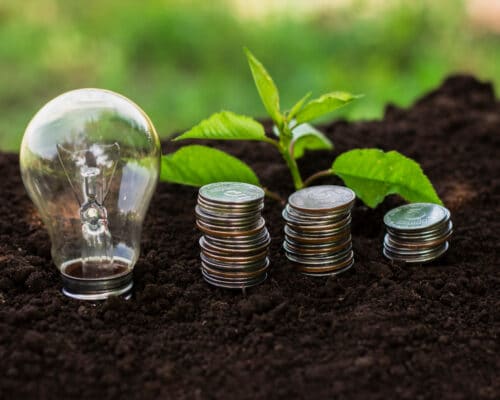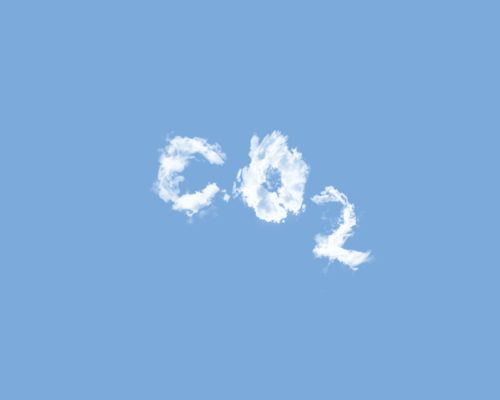Vietnam
The Renewable Energy Policy in Vietnam Risks Deterring Investors
Maintaining a healthy ongoing dialogue with clean energy investors and project developers is critical if Vietnam is to get back on track and continue stunning the world with its renewable energy progress.
Renewable Energy Investments in Vietnam in 2024 – Asia’s Next Clean Energy Powerhouse
The boom of renewable energy in Vietnam has made the country a global leader in sustainability and a top clean energy investment destination.

False Solutions to Climate Change Promoted in Southeast Asia Pose Various Risks
Instead of helping Southeast Asia wean itself off fossil fuels, ammonia-hydrogen co-firing solutions and CCS risk perpetuating their use and locking climate-vulnerable countries into a future of high emissions, air pollution and ecosystem disruption.

Clean Coal vs Renewables: Economic Costs and Gains For Southeast Asia
Despite the subsidies and industry support, Japan’s proposed technologies are struggling to prove promising even at home. Yet, it aims to export them to countries with much more fragile economies and significant challenges. Crunching the numbers reveals that Southeast Asia has a lot to gain if its pursues renewables instead.

Vietnam Has Approved the PDP8: What Comes Next?
The approval of the PDP8 is finally here. While not without its potential flaws, the plan allows Vietnam to start leaping towards its net-zero by 2050 target – a moment that energy investors have long been waiting for.
Wind Energy in Vietnam – Opportunities and Potential
Vietnam has already established itself as one of the world's most notable clean energy success stories. However, to retain that crown, the country needs to incentivise foreign financiers.
Japan-Vietnam Energy Relations: Opportunities and Risks
Vietnam needs a partner that will prioritise its decarbonisation and access to affordable and ready-to-be deployed solutions to make the most of its clean energy potential. It doesn't need to be pushed towards distracting technologies with questionable decarbonisation credentials. The approach that Japan will take in its cooperation remains to be seen.
Japanese Technology Expansion: Southeast Asia Pays the Price
This year's G7 meeting, which Japan will chair, remains an important moment for its international credibility in the battle against the climate crisis.
Vietnam’s National Climate Change Strategy to 2050 and the Plan for Meeting Its COP26 Commitments
Vietnam's latest move is proving that despite the growing needs of its energy-hungry economy, it will actively pursue its net-zero commitment and prioritise climate change mitigation and adaptation efforts – a move that other Asian countries should take note of.
Korean and Japanese Companies in Vietnam Are the Main Gas Expansion Advocates
The pressure from Japanese and Korean companies on Vietnam to move in the direction of gas expansion risks tarnishing the country's clean energy progress and locking it into a future of energy instability, high electricity prices and stranded assets.
Vietnam’s Block B Gas Project – the Potential Impact on the Involved Parties
Vietnam has a vast potential for wind and solar power. Yet, the country pushes ahead with plans like the Block B gas project. In a world of highly-unpredictable gas prices where the end goal is net-zero, such a step can prove costly for all parties involved.
The Proposed Vietnam PDP8 Update and the Risks From the Coal Pivot
The recently proposed update to the Vietnam PDP8 draft risks deteriorating the country's clean energy progress. Experts are united around the idea that the drafted coal pivot will surface various negatives, including lack of financing, slower clean energy transition, increased climate impact, and increased reputational risk for the country.

The Latest PDP8 Vietnam Draft – Focus on Renewable Energy and a Drastic CO2 Emissions Reduction
The latest draft of the Vietnam PDP8 sends the positive signal that the country is no longer looking in the direction of fossil fuels. Instead, it is further diversifying its low-carbon power sources, planning for notable clean energy growth and a massive CO2 emission reduction.

JERA’s Vietnam LNG Plans in the Wake of PDP8
Vietnam is undisputedly among the world's best renewable energy success stories. The country needs to continue marching towards sustainability and retain its position as a lucrative market for green investors. However, the looming boom in the local LNG market risks derailing this progress.
Most Popular
Categories
-
9
-
31
-
130
-
4
-
17
-
39
-
51
-
14
-
15
-
10
-
24
-
6
-
178
-
168
-
23
-
1
-
1
-
23
-
30
-
36
-
73
-
14
-
76
-
40
-
17
-
7
-
33
-
33
-
85
-
260
-
20
-
36
-
33
-
9
-
41
-
35

